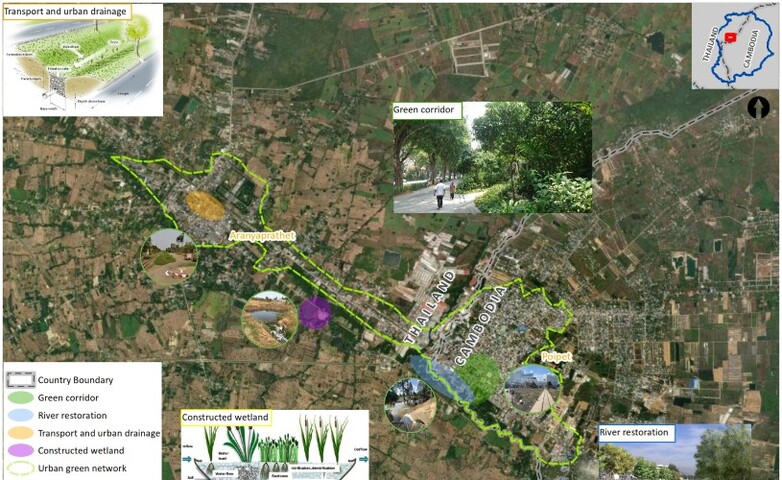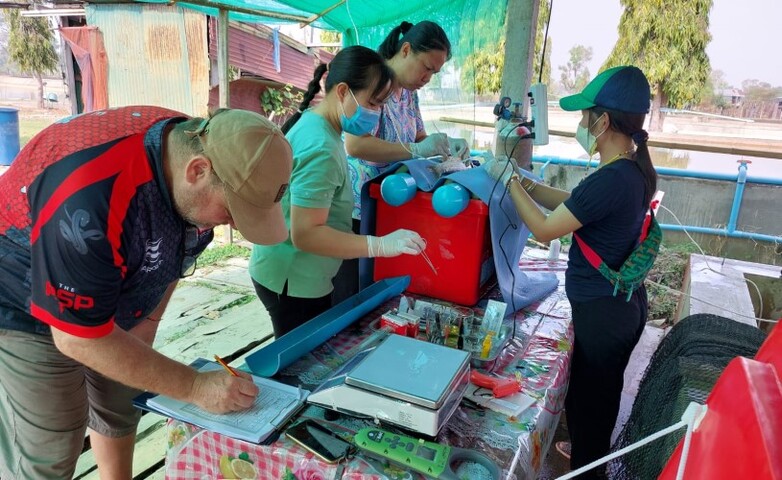Promoting the Mekong River Commission (MRC) for improved joint water solutions
Transboundary Water Cooperation in the Lower Mekong Basin I and II
-
Commissioning Party
German Federal Ministry for Economic Cooperation and Development (BMZ)
-
Country
-
Lead executing agency
More
-
Overall term
2022 to 2024
-
Products and expertise
Sustainable infrastructure: water, energy, transport
 © GIZ / Transboundary Water Cooperation in the Lower Mekong Basin
© GIZ / Transboundary Water Cooperation in the Lower Mekong BasinContext
Home to over 70 million people across Cambodia, Laos, Thailand, and Viet Nam, the Mekong and its tributary rivers are lifelines for providing food, energy, and water security. However, post-COVID-19 economic recovery and socio-economic development pose risks of over-exploitation beyond the river’s natural limits. These human-induced pressures, compounded by climate change, underline the urgent need for collaborative water management strategies. The Mekong River Commission (MRC), established in 1995, serves as a crucial platform for regional cooperation. Yet, despite progress, the MRC must intensify efforts both regionally and nationally to effectively address the pressing challenges of the Lower Mekong Basin. This requires promoting the work of national line agencies and stronger regional coordination.
 © GIZ / Transboundary Water Cooperation in the Lower Mekong Basin
© GIZ / Transboundary Water Cooperation in the Lower Mekong BasinObjective
The coordinating and management capabilities of the MRC have been significantly enhanced, facilitating river monitoring and the implementation of transboundary projects for flood and drought management.
Approach
The project supports MRC in developing a comprehensive strategy for the Mekong River Basin, focusing on:
- Establishing a Core River Monitoring Network to track environmental changes caused by dams and plastic pollution. Activities include providing trainings, equipment, and technical advice, contributing to the approval of a Joint Environmental Monitoring Program for dams and a Capacity Development Strategy.
- Enhancing MRC’s Joint Planning, a local cross-border approach, to address flood and drought risks, early warning systems and nature-based solutions. This involves close cooperation with MRC in transboundary sub-basins to develop a digital atlas, a master plan, and to prioritise sustainable green-grey investments.
- Fostering the organisational development of the MRC Secretariat by supporting the implementation of the MRC Strategic Plan 2021-2025. This includes advice on compliance mechanisms, for example, internal controls and efficient use of the funds from bilateral and international donors and member countries.
Last update: March 2024





